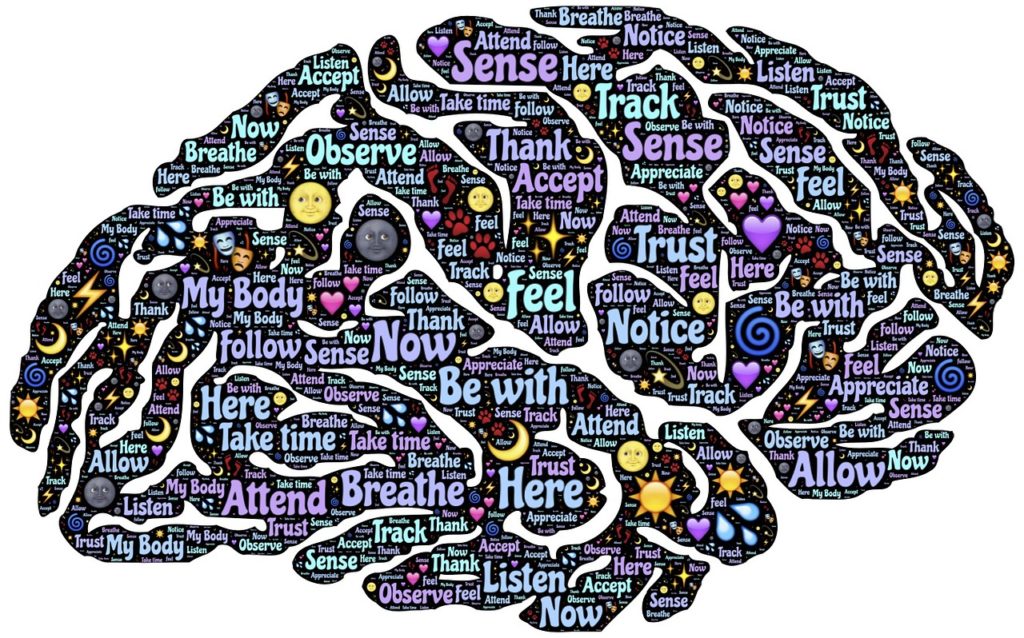This is all about getting what you want…while also learning to connect with others in a more positive and rewarding manner. Whether dealing with conflict in a relationship, or just trying to get your way in an argument…appealing to their Elephant – rather than arguing with their Rider – is usually a better and far more effective approach.
______
One of the most useful insights and practical applications of the ERM is to realize that the Elephant leads and the Rider follows…or, in everyday practice, the Rider, as it turns out, spends a lot more time defending and protecting the Elephant (i.e. you)!
One can see this empirically: First, notice that it is your Elephant who is always coming up with the feelings you have; and these most often appear as reactions to whatever may be happening. That reaction is what can trigger your Rider – who follows by coming up with all the reasons and arguments (and sometimes even the language) that protect, justify, or defend what your Elephant’s reaction was.
For most of us, this is counter-intuitive; that is, it would seem to make more sense that what we feel and how we react – experienced as it is by our conscious mind (i.e., our Rider) – comes from the Rider’s ability to observe, reason, analyze, and find truth (or at least what we interpret in that moment as truth). Not so! It is the Elephant who determines “what we feel” – and thus the kind of trigger or directive given to the Rider.
And guess what – this is also what is happening in others! If their Elephant feels threatened, or insulted, or senses disagreement, their Rider is triggered into defensive mode; and, while preoccupied with protecting its Elephant, is simply not willing nor able to listen to you!
And this is why our best, most rational, reasonable, and convincing arguments so often fail to sway or change another person’s mind – because their Elephant reacts first; and if it’s fear or anger coming up, their Rider jumps in to protect and defend them.
________
If you want to get to their Rider…appeal to their Elephant first! Here’s one approach:
- Table (for the moment, anyway) your rational, reasonable, and (likely) righteous arguments.
- Don’t use your rational, reasonable, and (likely) righteous arguments.
- Shut up about your rational, reasonable, and (likely) righteous arguments.
- Instead, find your common ground…i.e., identify & use mutual or similar values.
- Validate their beliefs/opinions/values – or at least those you can tolerate…
- Schmooze – seriously, schmooze! (Schmooze means to manipulate in a warm, positive, non-harming, non-threatening way…doing so with genuineness, kindness, and/or humor.)
- It will also likely help to practice Habit 4 –Think Win/Win; and Habit 5 – Seek first to understand, then to be understood.[1]
______
[1] The 7 Habits of Highly Effective People, Stephen R. Covey, 1989
___________________________________
*Elephant/Rider Model: The Happiness Hypothesis, Jonathan Haidt, 2006.

